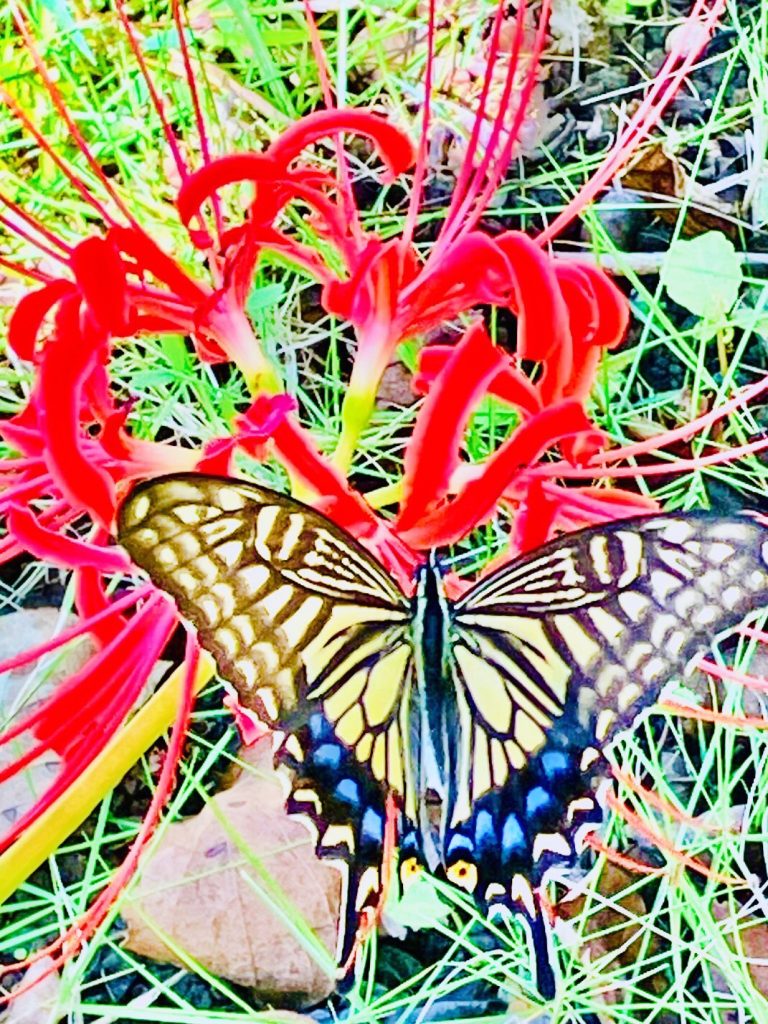
Nowadays, chatbot AI (generative AI) seems to be the darling of the times. In November of last year, Microsoft released ChatGPT to the public, sparking worldwide interest. ChatGPT, an AI capable of engaging in natural language conversations with extreme human-likeness, has shown its power even on search engines. Within two months of its launch, it reached 100 million users, and its user base has been steadily increasing since. Google, which previously held a dominant position in the search engine market, couldn’t hide its sense of urgency. Falling behind by six months, in May of this year, Google introduced a similar chatbot AI called “Bard” for use in Japan, setting the stage for an intense competition between ChatGPT and Bard in gaining users.
Today, we attempted to translate Matsuo Basho’s haiku “古池や 蛙飛び込む 水の音 (Huruike ya Kawazu tobikomu Mizu no oto)” using ChatGPT and Bard. ChatGPT translated it as “An old pond… a frog leaps in, water’s sound,” while Bard translated it as “Old pond, a frog jumps in, the sound of water.” This haiku is not only one of the most well-known works of Basho but is also considered the haiku that established the Basho style of haikai. It has given rise to profound interpretations and legends surrounding the seemingly ordinary event of a frog leaping into water and the sound it makes. Even ChatGPT and Bard appear to have had difficulty capturing its essence.
By the way, Donald Keene, a leading figure in the study of Japanese literature among Americans, translated it as “The ancient pond A frog leaps in The sound of the water,” and there doesn’t seem to be a significant difference in meaning. Haiku, being the world’s shortest form of poetry, is challenging even for Donald Keene to translate accurately, as the goal is to evoke a shared sense of the scene. So, it’s no surprise that ChatGPT and Bard found it challenging as well.
However, generative AI is still in its early stages, and we look forward to its future development.
今やチャット型のAI(生成AI)が時代の寵児といった感があります。昨年11月にMicrosoftがChatGPTを一般公開し、全世界的な話題になりました。極めて人間的かつ、自然な言葉で質疑応答ができるチャット型のAIは検索サイトでも威力を発揮し、開始2ヶ月で利用者数が1億人に達し、その後増加の一途を辿っています。それまで検索サイトでは優位の位置にあったGoogleは焦りの色を隠せず、遅れること6か月、今年の5月に同じチャット型のAI「Bard」を日本でも利用可能にし、今やChatGPTとBardの熾烈な利用者獲得競争が繰り広げられています。
そこで今日はChatGPTとBardを使って、松尾芭蕉の俳句「古池や 蛙飛び込む 水の音」の英訳を試みてみました。ChatGPTは「An old pond… a frog leaps in, water’s sound」と訳し、Bardは「Old pond, a frog jumps in, the sound of water」と訳しました。この句は芭蕉の作品中でもっとも知られているだけでなく、芭蕉が蕉風俳諧を確立した句とされており、「蛙が水に飛び込む」そして「その水音が聞こえる」というありふれた事象に深遠な解釈や伝説も生んだ句です。さすがのChatGPTもBardも訳しきれなかったようです。
ちなみに米国人で、日本文学研究の第一人者であるドナルド・キーンは「The ancient pond A frog leaps in The sound of the water」と訳していて大差がないように思えます。俳句という世界最短の詩で、情景を共感し合うこと自体がドナルド・キーンをしても難しいのですから、ChatGPTもBardも翻訳しずらいのも無理のない話です。
しかし、生成AIはまだ著に着いたばかりです。これからの発展が楽しみです。
